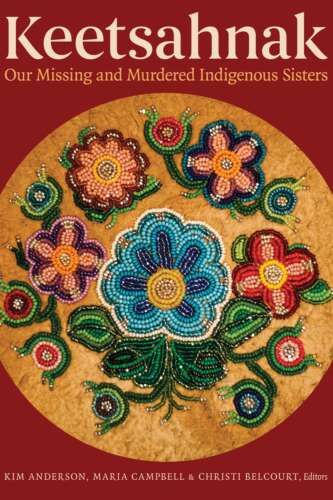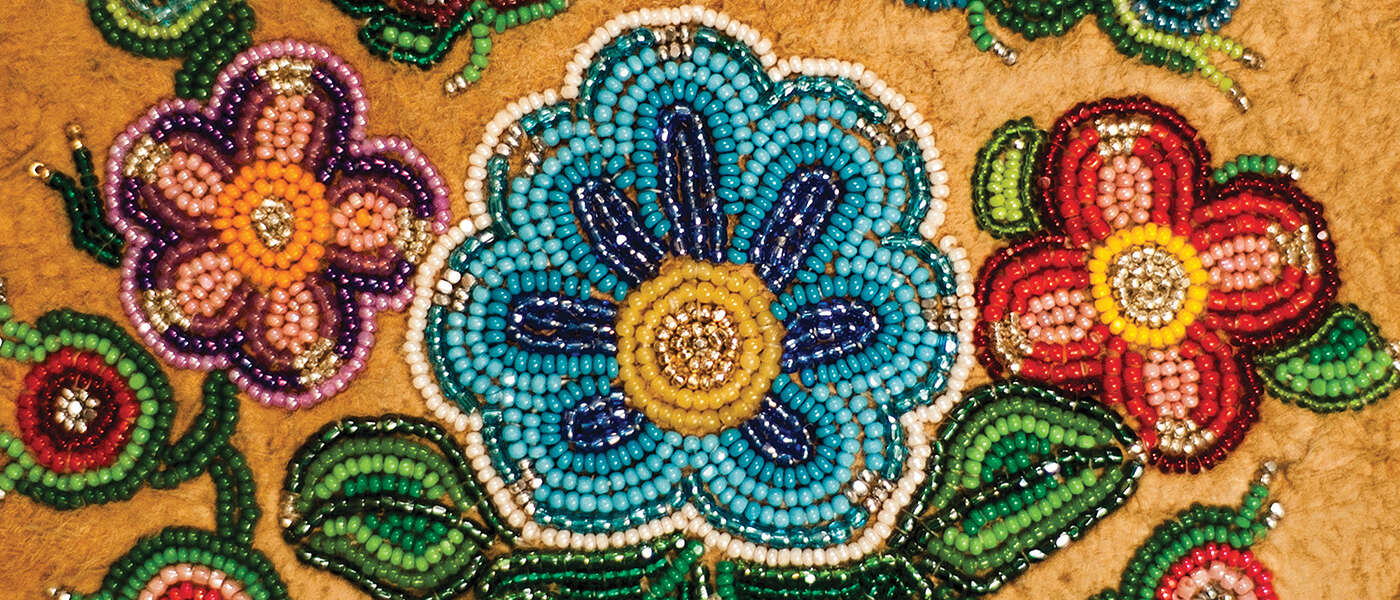
Today is National Day of Awareness for Missing and Murdered Indigenous Women and Girls. It is also known as Red Dress Day to raise awareness of and honour missing and murdered Indigenous people.
Dr. Kim Anderson, a well-known Métis writer and a professor in the University of Guelph’s College of Social and Applied Human Sciences (CSAHS), is one of three editors of Keetsahnak: Our Missing and Murdered Indigenous Sisters. The collection of 36 essays examines the root causes of violence against women in an effort to create a new model of anti-violence.
Anderson holds the Canada Research Chair in Indigenous Relationships at U of G. She studies Indigenous family well-being, which involves exploring family relationships and their meaning, particularly through an Indigenous lens.
She has published numerous books that address gender and Indigenous peoples. Keetsahnak began as a companion piece to Walking with Our Sisters, a collaborative art installation of moccasin beadwork representing the unfinished lives of Indigenous women, Anderson said.

“We wanted to do a complementary text that focused on the roots of gender-based violence from an Indigenous perspective,” she said.
More recently, Anderson has been thinking about the relationships people have with land, especially about land-based practices. She is co-leading the University’s Indigenous Task Force, which provides opportunities for a new, mindful understanding of people’s connections to the space they occupy on campus.
She is also striving to further incorporate Indigenous ways of knowing into teaching and research at U of G and beyond. This month, she is leading a group of students, faculty and staff for a field trip to Sweden to engage with the Sámi Indigenous people there to share knowledge about land-based practices and cultural revitalization.
